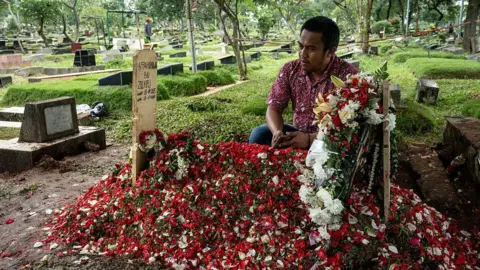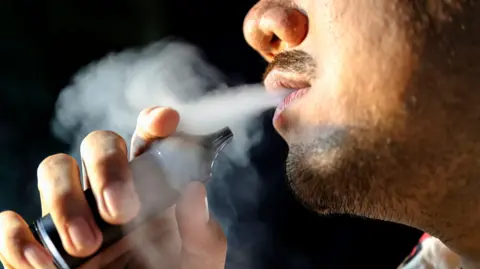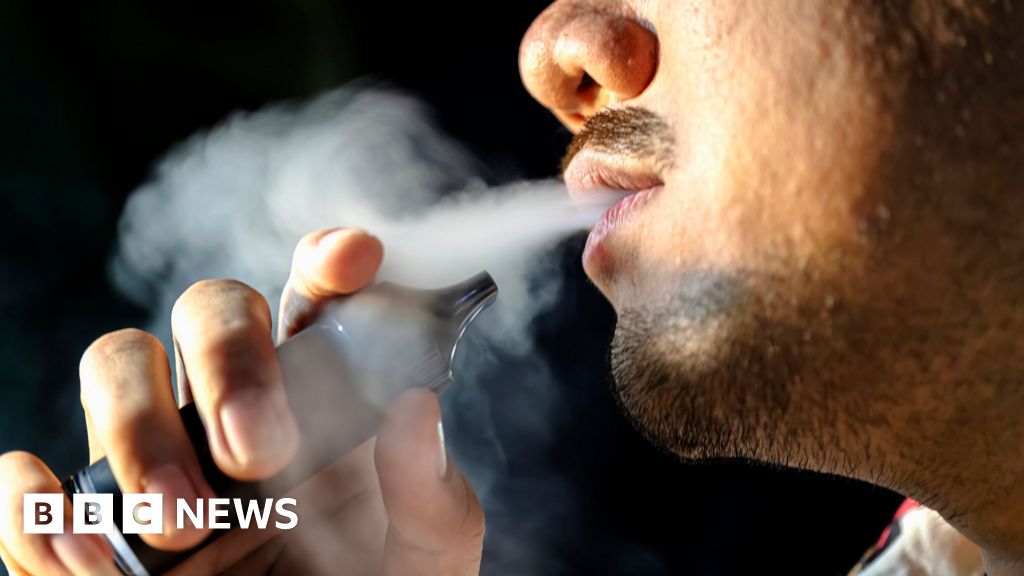Indonesian law enforcement has recently unveiled a harrowing case of international baby trafficking involving an estimated 25 infants sold to buyers in Singapore since 2023. In an operation leading to 13 arrests across cities such as Pontianak and Tangerang, six babies aged around one year were rescued just before they were to be trafficked. According to Surawan, the director of general criminal investigation for West Java Police, the infants were initially housed in Pontianak where their immigration documents were organized before their planned departure to Singapore.
The trafficking scheme reportedly exploited vulnerable parents, particularly expectant mothers hesitant to raise their children. Communications would often begin on social media platforms like Facebook, later escalating to more private messaging apps such as WhatsApp. “Some babies were even reserved while still in the womb,” Surawan stated. Upon birth, transportation costs would be covered and compensation offered to mothers, with babies subsequently taken into custody of traffickers.
Investigations revealed a comprehensive structure within the syndicate that employed recruiters, caretakers, and document forgery specialists to facilitate the illegal adoptions. The trafficking operation sold babies for between 11 million to 16 million Indonesian rupiah (around £500 or $673). Between 12 male and 13 female babies have so far been documented as sold, stemming from various regions of West Java.
As investigations progress, the police’s primary focus is identifying and locating the buyers in Singapore. Surawan stressed the importance of validating the exit data of the trafficked babies to understand the full extent of the operation, while also hinting that parents involved may face legal consequences given that many were reportedly complicit due to financial duress.
Assistance from Interpol and authorities in Singapore has been sought to apprehend remaining syndicate members abroad, while the police plan to release a list of wanted individuals. Child trafficking in Indonesia often preys on women faced with desperate circumstances, including instances of sexual violence or unexpected pregnancies. Maternity clinics, orphanages, and shelters are sometimes fronted as places of support but later reveal exploitative practices.
Amidst these revelations, the Indonesian Child Protection Commission (KPAI) has noted an alarming increase in human trafficking crimes related to illegal adoption, with the number of reported cases climbing from 11 in 2020 to 59 in 2023. Recent incidents have spotlighted the re-emergence of trafficking activities, with reports from regions like Depok and Bali indicating that traffickers often charge varied prices based on superficial characteristics of the infants.
The implications of this ongoing crisis extend beyond individual tragedies; they underscore the urgent necessity for legal reform and enhanced protection for vulnerable populations in Indonesia.




















